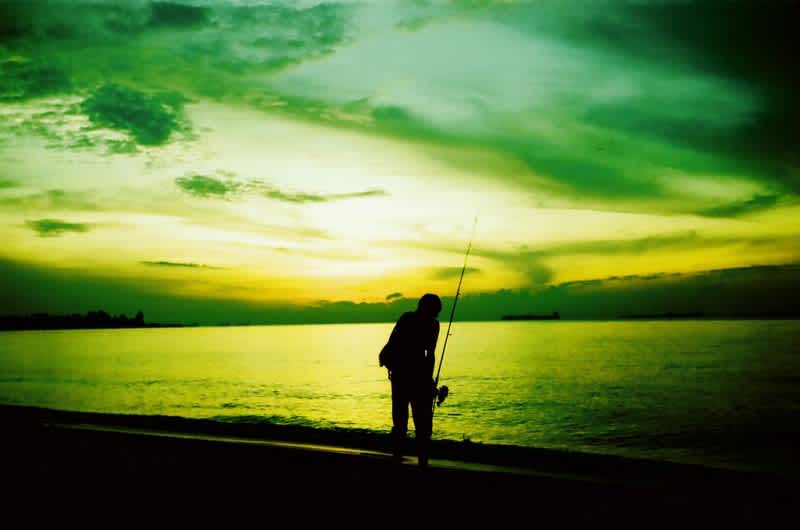What the Federal Shutdown Means to Anglers: Fish Count Delays, Wildlife Refuges Closed
OutdoorHub Reporters 10.08.13

As the federal government’s partial shutdown rolls into its second week, anglers may find that they will have to change their short-term plans. Along with the many other services that have been put on hiatus of the duration of the shutdown, America’s parks, wildlife refuges, and even the National Fish Hatchery System have been shuttered and reduced to essential staff only. This means delays and closings. While anglers still have free reign at state-run areas, many familiar fishing holes have been closed until further notice. This includes the entirety of the national wildlife refuge system, which contains 271 refuges previously open to anglers.
“There are a number of surf-fishing tournaments coming up soon and we need them badly. But they can’t happen if the beaches are closed,” Captain Marty Brill told The Outer Banks Voice.
Brill operates out of the Cape Hatteras National Seashore, which has been temporarily closed down by the National Park Service (NPS). Along with concessional services along the beach, charter captains are also forced to close down their operations, or else make the lengthy trip to other marinas. The extra dock rent, fuel, and time all adds up to additional expenses and captains say they are losing money. Freshwater fishing businesses are also floundering due to the shutdown, especially if they are close to NPS land.
Anglers may have the choice to adjust their itinerary but fishing guides and bait shops do no have the same luxury. Steve Galletta, who owns a fly shop near Big Horn Mountains, says that the shutdown cost him near $10,000 in business just last weekend. That is because, according to the Billings Gazette, the NPS closed down two sections of the famous Bighorn River. Galletta is not the only one incensed by the closure, anglers who arrived early last week were forced to cut their expensive and highly anticipated trips short when the shutdown went into effect last Monday.
Elsewhere in Neosho, Missouri, a sign over the National Fish Hatchery says “this facility is closed due to lapse in federal appropriation.”
Only one or two of the hatchery’s regular staff will be working during the shutdown, and only on essential duties such as keeping the fish healthy and making sure the water is running.
“There is no proactive management spawning or delivery of fish,” US Fish and Wildlife Service public affairs officer Chuck Traxler told the Neosho Daily News. “It is just to make sure that they stay alive.”
The US Army Corps of Engineers has also been affected by the shutdown with many of its employees furloughed. Dams across the nation are operating under a reduced workforce, which means that services such as fish counting are taking a backseat to security. The Fish Passage Center, which records fish count data from several federal dams, is reporting a delay in accurate fish counts.
The last shutdown of the federal government, which occurred 17 years ago in the ending days of 1995, lasted nearly a month. A shutdown affects many areas of the country besides those directly affected, and not the least the families of the many federal employees on furlough.

